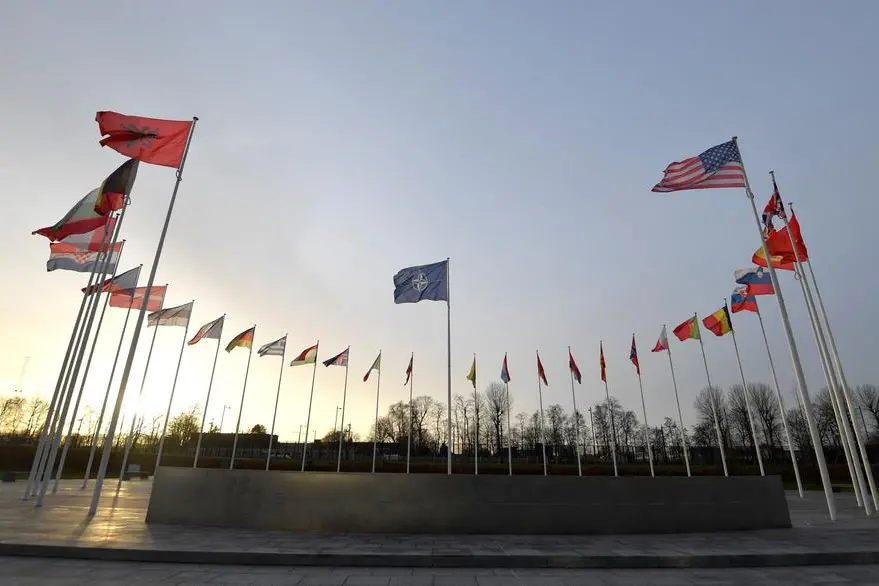PHOTO
NATO and the EU on Wednesday announced a "joint taskforce" aimed at bolstering the protection of critical infrastructure in the face of threats from Russia.
The move comes after a sabotage attack on the underwater Nord Stream gas pipelines last year and as the two organisations seek to bolster cooperation in the wake of Russia's invasion of Ukraine.
European Commission chief Ursula von der Leyen said the taskforce would bring together EU and NATO experts to study vulnerabilities of key infrastructure and recommend ways to better protect it.
"We have seen the sabotage of Nord Stream that has so shown that we need to be ready and that we need to confront this new type of threat," von der Leyen said at a meeting with NATO chief Jens Stoltenberg.
The NATO secretary general said the two sides "want to look together at how to make our critical infrastructure, technology and supply chains more resilient".
"This will be an important step in making our societies stronger and safer," Stoltenberg said.
Russia's invasion of Ukraine has upended the European security order and spurred calls for greater coordination between US-led military alliance NATO and the EU.
The two organisations -- which share 21 members -- on Tuesday signed a cooperation pledge to take their partnership to the "next level".
They also vowed to step up support for Kyiv as it battles to push back the Russian invading forces.
"In recent days, we have seen fierce fighting around around Bakhmut and Soledar in eastern Ukraine," Stoltenberg said.
"This shows once again the bravery of Ukrainian forces as they fight to defend their homeland. It also shows how vital it is that we step up our support."
Four large gas leaks were discovered on Nord Stream's two pipelines off the Danish island of Bornholm at the end of September, with seismic institutes recording two underwater explosions just prior.
Investigations by Danish and Swedish authorities have confirmed the leaks were due to sabotage and experts have said that only a state has the means to carry out such an operation.
But investigations have not identified who was responsible.
NATO has already bolstered its naval deployments in the region in the wake of the attacks on pipelines.





















